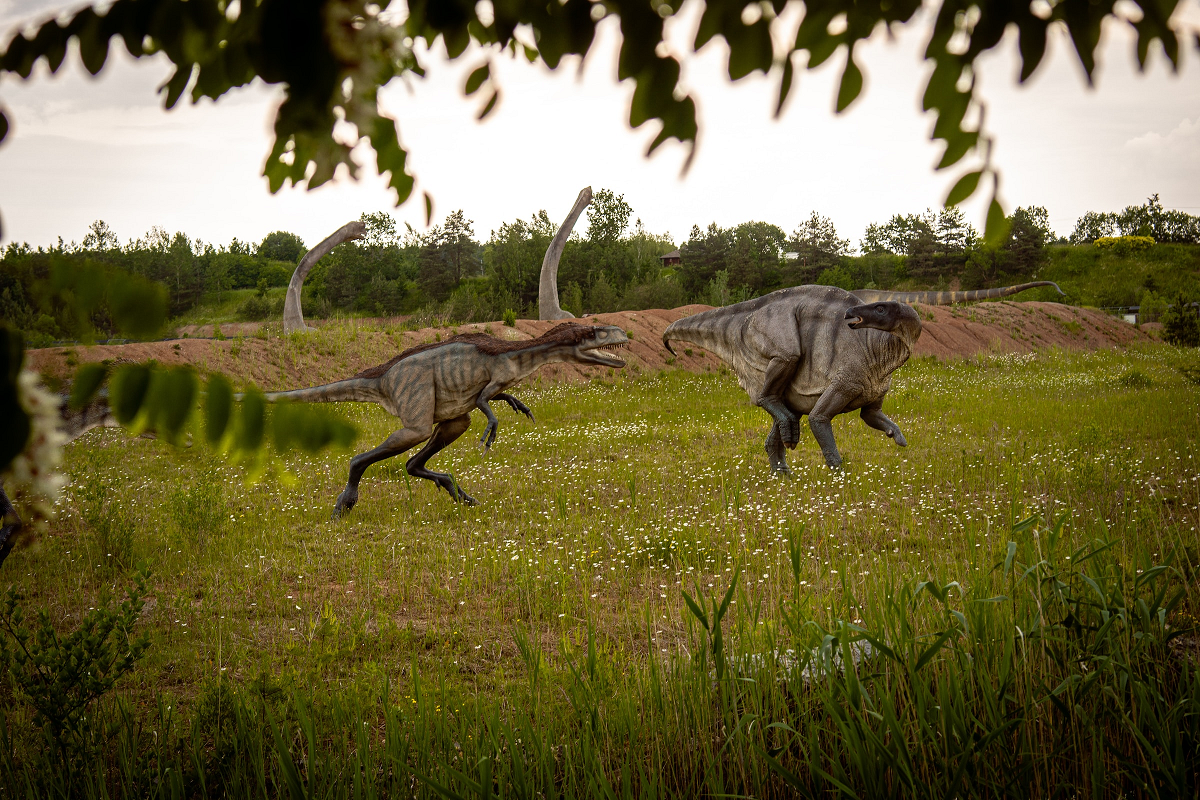Is there Dinosaur Urine in Our Drinking Water?
You may have heard the claim that every glass of water you drink contains some molecules of dinosaur urine. While this may sound gross, it is actually a fascinating consequence of the water cycle that has been going on for billions of years. But how much do we really know about dinosaur urine and its role in Earth’s history?
Dinosaur urine is not just a curiosity, it is a clue to understanding how these ancient animals lived, evolved and interacted with their environment. Urine is a by-product of metabolism, and its composition reflects the diet, physiology and health of the animal that produced it. By studying dinosaur urine, we can learn more about their biology and ecology, as well as the climate and geology of their time.
One of the challenges of studying dinosaur urine is that it is very rare to find any direct evidence of it in the fossil record. Unlike bones, teeth, or eggs, urine does not fossilize easily and is quickly diluted or decomposed by water and microbes. But in 2002 paleontologists in Colorado found preserved, amid a cluster of dinosaur footprints, a ten-foot-long, five-foot-wide, and ten-inch-deep “bathtub-shaped depression”—the result, they concluded, of some primeval liquid-splashing-in-sand event, and the first genuine evidence to suggest that at least some dinosaurs must have produced urine separately, as ostriches do.
This discovery suggests that not all dinosaurs urinated in the same way. Some may have excreted urine and feces together as a single waste product, like birds and reptiles do today. Others may have had separate urinary and digestive systems, like mammals do. This could have implications for how they regulated their body temperature, water balance and salt levels.
Another question that dinosaur urine can help us answer is how much water they consumed, and how they affected the global water cycle. The water cycle is the process by which water moves between the atmosphere, land and oceans through evaporation, precipitation, runoff and infiltration. The amount of water on Earth has remained relatively constant over time, but its distribution and quality have changed due to various factors, including life forms.
Dinosaurs were among the largest and most diverse animals that ever lived on land. They ranged from chicken-sized to whale-sized, and occupied every continent and habitat. They must have had a huge impact on the water cycle by drinking, urinating and sweating (if they did). Some estimates suggest that dinosaurs drank up to 40% of the freshwater available on land, and that their urine may have altered the salinity and acidity of the oceans.
By drinking and urinating, dinosaurs also participated in another cycle: the carbon cycle. The carbon cycle is the process by which carbon atoms move between different reservoirs, such as the atmosphere, land, oceans and living organisms. Carbon is essential for life, but its concentration in the atmosphere also affects the climate by trapping heat.
Dinosaurs consumed plants and animals that contained carbon from the atmosphere. When they urinated (and breathed), they released some of that carbon back into the air or water as carbon dioxide or bicarbonate. The amount and type of carbon they excreted depended on their diet and metabolism. Herbivorous dinosaurs probably released more bicarbonate than carnivorous ones, because they had to digest large amounts of plant matter that contained oxalic acid. Bicarbonate can react with calcium and magnesium in seawater to form limestone, a type of sedimentary rock that stores carbon for a long time.
By influencing the water cycle and the carbon cycle, dinosaur urine may have shaped the planet in more ways than we can imagine. It may have affected the weather, the landscape, the ocean chemistry and even the evolution of other life forms. The next time you drink a glass of water, think about its long and complex history – and thank the dinosaurs for their contribution as gross as they may sound.










